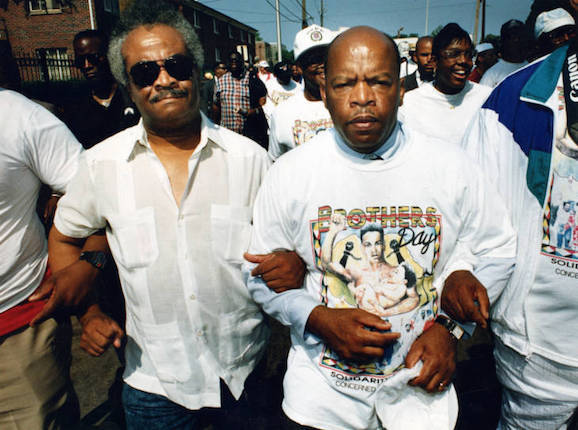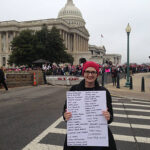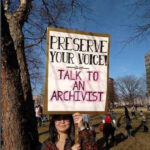Protests for Change in Atlanta
What is the Role of Protest in Archives?
When you see something that is not right, not fair, not just, you have to speak up. You have to say something; you have to do something.”
John Lewis

A traditional archive, one of a government or a corporation, receives the records of that organization and represents only its voice. From its founding, Special Collections has ensured that multiple points of view enter into the historical record by documenting voices raised in opposition.
Protest is a very public form of opposition and plays an important role in affecting change in democratic societies. By documenting protests with archival materials, we can trace the origins or demise of laws, sentiments, and values of a society.
More recently, Special Collections has participated in the “activist archivist” movement. Rather than receiving materials about events after they occur, an activist archivist is engaged with planning events before they happen and can document the formation of a community defined by a shared purpose. Embracing digital content, created and shared by so many individuals now, helps us to further broaden the range of voices we preserve in our collections.



